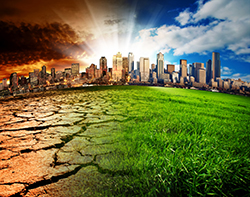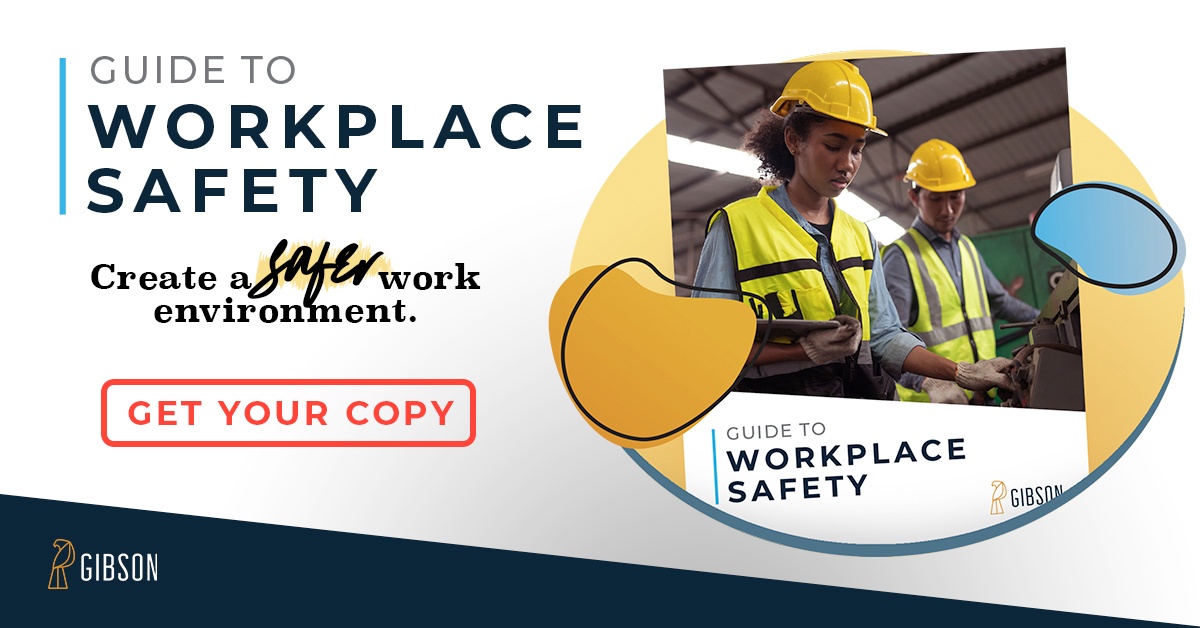 “The effects of climate change are already occurring on all continents and across the oceans. The world, in many cases, is ill-prepared for risks from a changing climate.” – Intergovernmental Panel on Climate Change (IPCC)
“The effects of climate change are already occurring on all continents and across the oceans. The world, in many cases, is ill-prepared for risks from a changing climate.” – Intergovernmental Panel on Climate Change (IPCC)
Too often we hear climate change and just cast it off as the next generation’s issue to handle. Time for a reality check. Climate change is here. And it’s already having an impact. It’s one of the top emerging risks for businesses. Pay attention and get prepared. The IPCC’s Climate Change 2014 Report is one of many detailed studies that confirms the reality of the changing the climate and the risks it presents.
What Is Climate Change?
According to the US Environmental Protection Agency (EPA), “climate change refers to any significant change in the measures of climate lasting for an extended period of time.” There have been changes in rainfall, bringing more droughts and floods. The frequency and severity of heat waves have increased. Ocean temperatures are rising, glaciers are melting, and sea levels are increasing. These major changes in wind patterns, precipitation, and temperatures, which occur for multiple decades, are all aspects of climate change.
What Risks Does Climate Change Bring?
The full impact is uncertain, but numerous risks have been identified. The American Climate Prospectus reports the following as some of the most economically significant risks of climate change:
- Damage to coastal property and infrastructure from rising sea levels and increased storm surges
- Climate-driven changes in agricultural production and energy demand
- The impact of higher temperatures on labor productivity and public health
Climate change brings more extreme weather. Hurricanes, tornadoes, wildfires, massive floods, and extensive droughts. As the number of these events increase and become more catastrophic, the costs add up quickly, as do the risks. They impact our health, safety, and livelihoods. They take their toll on infrastructure, both energy and transportation. They can affect our water supply, as well as agriculture and food security.
What Does This Mean To My Company?
- Is your facility prepared to handle heavy downpours, strong winds, and power failures from more frequent and severe storms?
- Will extreme heat negatively impact your workers’ safety and productivity?
- Could changes in temperature and precipitation patterns threaten your food suppliers?
- Is your fleet equipped to handle harsh winters?
Again, the full impact of climate change is uncertain and its effects vary among industries, but research clearly shows that we should expect more frequent and severe extreme weather events. Therefore, companies should take time to consider the projected risks as they will likely affect your organization…or they already are. Work with your risk advisor to identify the risks specific to your company and then create a risk management plan to properly address them.
How Do We Respond To Climate Change? Adaptation And Mitigation
Adaptation is an important component in the response to climate change. How can we prepare for or adjust to the changing environment? What ways can we guard against the future effects of climate change? Can we capitalize on opportunities that allow us to take advantage of beneficial effects that climate change brings? There are things that governments, businesses, and individuals can do to adapt and adjust to climate change. Here are a few examples:
- A farmer planting crops that are more drought-resistant
- Cities preparing infrastructure to handle the more frequent extreme weather and the dangers it brings
- A company focusing on ways to increase energy efficiency to help offset the increasing rates at which they are consuming energy
- Actively educating workers on the risks associated with extreme heat and implementing strategies to help keep them cool and safe on the job
There are limits to adaptation, but we can support those initiatives by also mitigating climate change, or making an effort to limit greenhouse gas emissions. Even seemingly simple actions like recycling items in the office, only printing what you need, and buying supplies made with recycled content can make a difference. Or perhaps you can look at making your facility’s power management practices more efficient and implement more energy efficient practices. For resources about simple things you can do to protect the climate, visit the EPA or The Nature Conservancy.
The evidence is clear: our climate is changing. And with these changes comes new, more frequent and more severe risks. But we can do something about it. We can adapt to the changes and do our part in keeping climate change from getting worse. For businesses, the risks are real, so it is important to start considering climate risks as part of your risk management plan.




